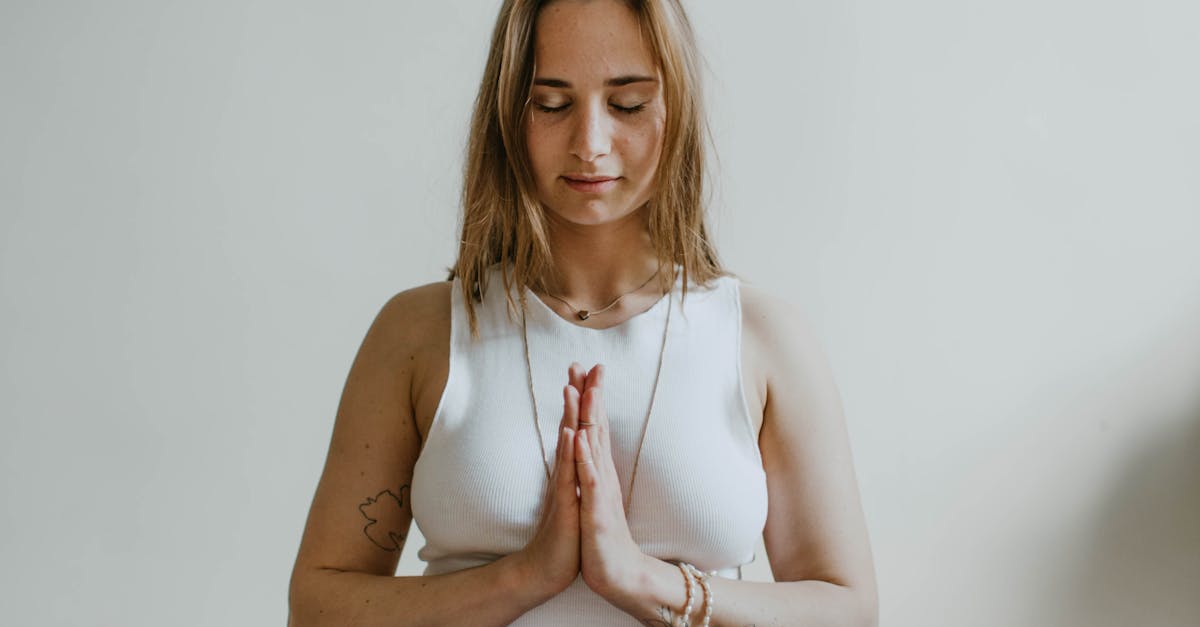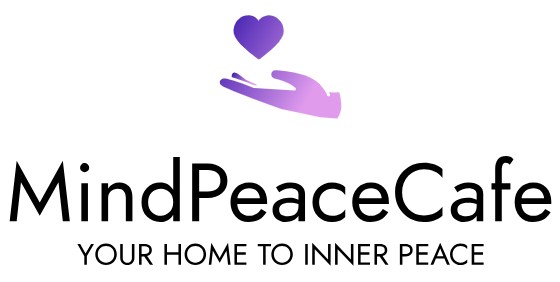Discovering Inner Tranquility amidst Urbanity

Welcome to Singapore, a bustling city renowned for its diverse cultural tapestry and thriving metropolitan atmosphere. Amidst this modernity, an ancient practice has found a home – meditation. ‘Meditation Techniques: Exploring Singapore’s Meditation Centers’ invites you to embark on a journey through the tranquil and serene landscape of Singapore’s meditation centers. From the heart of the city to the outskirts, these centers offer diverse practices to cater to everyone’s unique needs, fostering a space for inner peace and self-discovery in the midst of urban vibrancy. Embark with us as we uncover how these centers weave wellness and mindfulness into the very fabric of this dynamic city.
1. Introduction to Singapore Meditation Centres
In recent years, Singapore has emerged as a leading hub for meditation, attracting enthusiasts from all walks of life to embark on a journey of self-discovery and inner peace. This city, bustling with cosmopolitan energy, has seamlessly integrated ancient mindfulness practices into its modern tapestry. With a rich tapestry of meditation centers spread across the heart of the city and nestled in its tranquil outskirts, Singapore offers a diverse array of meditation techniques to suit every individual’s preferences and aspirations.
From the serene ambiance of traditional Buddhist meditation centers to the contemporary mindfulness hubs, Singapore’s meditation landscape is a true reflection of the city’s cultural diversity and commitment to holistic well-being. As the allure of meditation continues to captivate Singaporeans and expatriates alike, these centers have evolved to cater to a wide array of meditation practices, including mindfulness, transcendental meditation, and concentration meditation, each aimed at nurturing a harmonious balance between mind, body, and soul.
This burgeoning popularity of meditation in Singapore is not merely a trend but a testament to the city’s conscious effort to embrace holistic wellness. As the city resonates with the hum of dynamic energy and rapid progress, these meditation centers emerge as sanctuaries where individuals can pause, reflect, and find equilibrium in the midst of urban dynamism.
2. Understanding Meditation Techniques

Meditation is not a one-size-fits-all practice; rather, it’s a rich tapestry woven with various techniques, each offering unique benefits for the mind and body. Understanding meditation techniques involves delving into a world of mindfulness, transcendental meditation, and concentration meditation, among others. Mindfulness, arguably one of the most widely practiced forms, empowers individuals to live in the present, fostering a deeper connection with their thoughts and surroundings. As we explore transcendental meditation, we uncover a practice that delves into the depths of consciousness, promoting a sense of calm and clarity. On the other hand, concentration meditation hones in on focus, guiding practitioners to channel their attention, ultimately enhancing cognitive abilities and tranquility.
These meditation techniques not only provide mental and emotional well-being but also offer an array of physical benefits. Research has shown that mindfulness meditation, for instance, can reduce stress and improve overall emotional health. Transcendental meditation has demonstrated positive effects on blood pressure and stress reduction. Concentration meditation, meanwhile, sparks cognitive improvements and aids in managing anxiety. By understanding the diversity of these meditation techniques, individuals can explore and choose the practice that best aligns with their goals and lifestyle, fostering a holistic approach to well-being.
As we venture into the labyrinth of meditation techniques, it’s important to recognize the mosaic of practices that cater to individuals’ diverse needs, making meditation an inclusive and enriching journey for all. With this knowledge, practitioners can embark on a path that resonates deeply with their personal aspirations, leading to a more centered and harmonious way of life.
3. Comparative Review of Techniques
As we navigate through the tranquil landscapes of meditation in Singapore, it’s fascinating to delve into the diverse offerings of prominent meditation centers, each unveiling unique features and specialized approaches. Take, for instance, the serene Buddhist meditation temples, where time-honored practices intertwine with modern adaptations to create an atmosphere of profound tranquility. These centers emphasize the essence of mindfulness and spiritual growth, nurturing a holistic sense of well-being and self-discovery.
On the other hand, contemporary meditation hubs in Singapore offer a fusion of traditional practices with modern techniques, catering to the urban populace seeking respite from the bustle of city life. Featuring state-of-the-art amenities and a plethora of mindfulness programs, these centers combine ancient wisdom with modern convenience, providing a haven for urban dwellers to recalibrate their inner balance.
Moreover, various centers specialize in specific techniques, such as transcendental meditation, offering a gateway to delve into the depths of consciousness, or concentration meditation, honing in on focus and mental clarity. Each of these specialized approaches comes with its unique benefits, nurturing different aspects of the self. By comparing the offerings of these centers, individuals can gain insights into the diverse range of meditation approaches available, enabling them to make informed choices aligned with their aspirations and well-being.
4. Choosing the Right Meditation Technique
Embarking on a journey of meditation is akin to embarking on a personal odyssey, one where the destination is self-discovery and inner peace. However, the path to achieving this tranquil state varies for each individual. Choosing the right meditation technique is an intimate and personal decision, influenced by one’s inclinations, aspirations, and lifestyle. For beginners, it’s important to start with an open mind and a willingness to explore. Embracing mindfulness, a foundational practice, enables beginners to connect with the present moment and cultivate awareness. Meanwhile, experienced practitioners seeking to deepen their practice may find transcendental meditation to be an enlightening path, offering a deeper introspective experience.
It’s crucial to align the choice of meditation technique with one’s goals and lifestyle. For those seeking stress reduction and mental clarity in the midst of a buzzing urban environment, mindfulness or concentration meditation may be ideal. On the other hand, individuals yearning for a profound spiritual journey may find transcendental meditation to be transformative. As practitioners traverse this labyrinth of choices, it’s essential to approach the process with patience and an open heart. The right technique is not just a practice but a companion on the journey toward inner harmony and well-being.
Moreover, incorporating meditation into daily life involves more than just the practice itself. Beginners can benefit from creating a conducive environment, setting a regular schedule, and seeking guidance from experienced mentors. Experienced practitioners, on the other hand, might explore advanced techniques, participate in meditation retreats, or engage in group meditation sessions to expand their practice and connect with like-minded individuals.
What are the key factors to consider when choosing a meditation technique?
When choosing a meditation technique, it’s important to consider your personal goals, lifestyle, and preferences. Reflect on whether you seek stress reduction, physical well-being, spiritual growth, or mental clarity. Additionally, consider your daily schedule and how the chosen technique can fit into your routine. Some techniques may require more time and commitment, so it’s essential to align the practice with your lifestyle.
I’m new to meditation. Which technique should I start with?
For beginners, mindfulness meditation is an excellent starting point. This technique emphasizes being present in the moment and cultivating awareness. It provides a solid foundation for understanding the fundamentals of meditation. As a beginner, it’s beneficial to start with shorter sessions and gradually increase duration as you become more comfortable with the practice.
How can one deepen their meditation practice over time?
Deepening your meditation practice involves a gradual progression. For those seeking advancement, exploring different meditation techniques or attending workshops and retreats can provide valuable insights. Additionally, incorporating meditation into daily life, practicing consistently, and seeking guidance from experienced practitioners can aid in deepening your practice over time.




